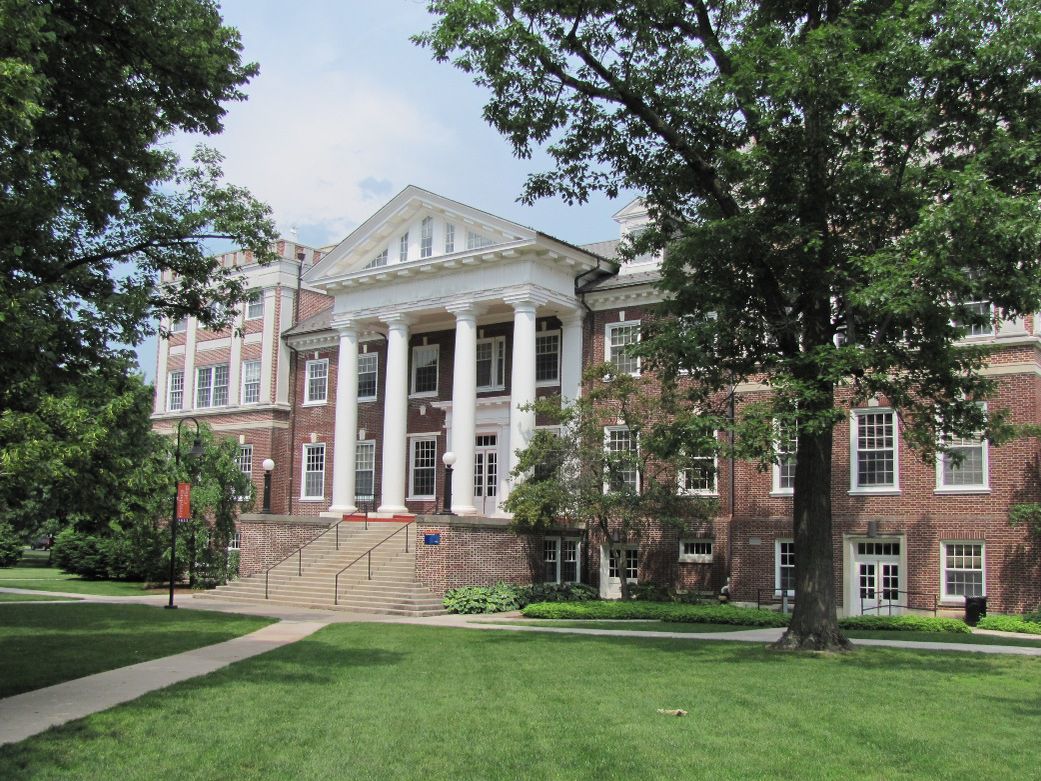What separates historians from those who simply consume narratives of the past? For that matter, what is the value of studying history in the twenty-first century? Answering these two questions forms much of the core of modern historical methods courses and departmental mission statements, respectively, throughout the country. For Sam Wineburg, however, the answer to both is the same: historical thinking. Not only is this unique package of intellectual software what elevates the discipline of history to its place as a respectable, even necessary, profession, it is the field’s primary export to prepare students for responsible citizenship in general. Unsurprisingly, this is far from the first time I’ve encountered “historical thinking;” Wineburg’s terminology neatly covers the content of my own methods course and conversations with history department faculty, if not the actual words used, and I’ve even talked with high school parents citing a lack of historical thinking as their children’s’ biggest obstacle to better grades in AP courses. For all this, then, I couldn’t agree more with Wineburg as to the importance of historical thinking. Yet, at the same time, I could not disagree more on one key point of his rhetoric: that historical thinking is somehow unique, or even at its core inherently historical.
First, though, let’s unpack what we mean when we talk about thinking historically. The first and most basic level of historical thinking involves the historian’s critical awareness that the perfect, accurate, true past is unreachable, and thus history as it is constantly, continuously written is our own construction, subject to analysis, revision, and argument. It is this analysis that then proves key for the rest of the package. To engage with the flow of history, we as historians deal primarily with a complex series of essentially infinite cause-and-effect relationships moving through time. To illuminate this causality, we employ context–both of events’ time and of the specific nature of sources (including assessment of bias or veracity)–and reading comprehension–which if one is going back more than a few decades must be heavily informed by context, as words and ideas evolve radically based on their cultural context.
The conditions of historical thinking as I’ve described are, well, very historical. But if we zoom out and take simply the parameters of caus-and-effect governed by time, context, and comprehension of materials, I contend that there really is nothing uniquely historical about this process at all–I might instead simply describe it as “analytical” or “logical” thinking, which takes on its own forms depending on the discipline. Is there any meaningful distinction between this and, say, a physicist attempting to develop a new experiment based on the work of their predecessors? Indeed, Wineburg very nearly agrees with me; in Why Learn History (reviewed here on Concerning History), he argues that historical knowledge is not required to engage in historical thinking. This is technically true! You do not need specific data to understand how to perform a process or equation. Yet as any good historian knows (and most of the examples in Why Learn History ironically demonstrate), historical thinking is only marginally useful if you do not have a working knowledge of the context of your subject, which both informs your comprehension and causality.
This quibble aside, it’s hard to overstate how much this package of self-aware analytical thinking is needed in modern America. Beyond my own experience with students’ worrying absence of reading and logical skills, I am in full agreement with Wineburg that more focus on the processes of intellectual strength, rather than only the content of basic knowledge, would go a long way to fostering digital literacy and combating the dismaying dominance of self-delusion we see so much of now in the third decade of the twenty-first century. Embracing the essential unknow-ability of truth can foster greater appreciation for critical thinking not only in the humanities but in the sciences (see the oft-encountered confusion over what “theory” means) and society in general. I can think of no better reason to study history and think like an historian.
